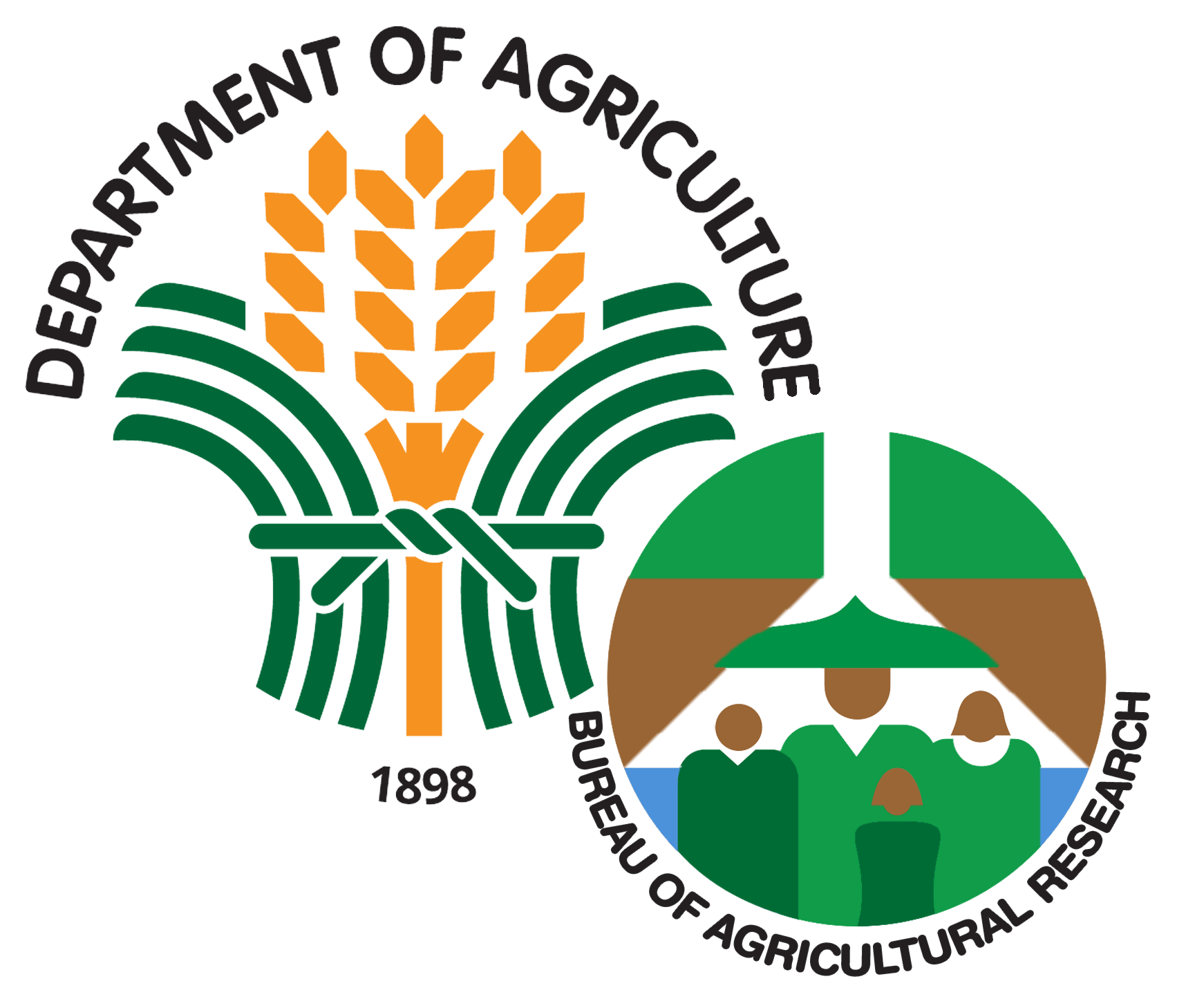Not all kinds of microorganisms are harmful. Although microorganisms become readily attached to diseases and infections, you probably have heard of “good bacteria” playing vital roles in the human body such as optimizing food digestion and improving one’s immunity. The same is true for plants.
Due to their succulent root system, vegetables are highly dependent on beneficial soil microbes and nutrients for optimum growth. However, this also makes them vulnerable to soil-borne plant diseases and infections.
In 2022, Caraga State University (CSU) started implementing a research project to determine the effects of biochartilant, a microbe-loaded biochar, on soil fertility, incidence and severity of soil-borne diseases, soil microbe diversity, and the productivity of selected vegetable crops. The study focuses on promoting a good population of three known beneficial microbes - bacillus, Trichoderma, and Arbuscular Mycorrhizal Fungi (AMF) in the soil to optimize crop productivity while counteracting soil-borne diseases to highly susceptible crops like bitter gourd.
From agricultural waste to biofertilizer
“Aside from soil degradation and incidence of soil-borne diseases, unutilized farm waste products become contributory to the drastic decline in the yield of major horticultural crops – in which vegetable group is the most affected,” CSU assistant professor and project leader Reuben James Rollon explained.
In response, CSU researchers utilized agricultural wastes like coconut shell, coconut coir, sawdust, rice hull, cacao pod, and corn cob in formulating biochartilants. In doing so, the said agricultural wastes were converted into biochar through the process called pyrolysis.
Biochar made from coconut shells showed the highest population of bacillus even after 30 days of storage. Further, those that were applied with coconut shell and oil palm waste showed two- and four-times higher bacillus counts as compared to media without biochar application.
Meanwhile, experimental trials conducted using different biochar formulations showed an increased number of Trichoderma on the different carrier formulations except in coconut coir. Among the materials used, carbonized rice husk revealed the highest population of the microbe.
“With the best formulation of microbe-loaded biochar, the study targets to come-up with an ideal and low-cost soil amendment that will benefit farmers,” project leader Rollon said.
Niching microbes on the beneficial side
On-site trials were conducted by CSU in determining the effect of a well-formulated biochartilant in enhancing crop productivity and lowering the incidence of soil-borne diseases such as bacterial wilt.
After confirming the presence of soil-borne pathogens in the field, the research team planted bitter gourds and measured the incidence of the bacterial wilt. Initial results of the study showed that plots without biochartilant developed severe wilting eight weeks after transplanting. In contrast, bitter gourds treated with biochartilant showed no symptoms of soil-borne infection.
Moreover, the application of the biochartilant boosted the yield of the experimental crop. As compared to a 5.20 tons/hectare yield through farmer’s practice, the bitter gourd’s yield increased to 13.71t/ha after the intervention was made. Hence, the application of the biochartilant promotes optimum growth and performance of bitter gourd resulting in an enhanced productivity yield.
“These microbes are really potent in promoting plant growth and suppressing soil-borne plant diseases by acting as effective biocontrol agents. Hence, a good population of these three in the soil benefits the farmers through enhanced crop productivity and disease management,” project leader Rollon said.
There’s more for vegetable farmers
With funding support from the DA-Bureau of Agricultural Research, the project aims to contribute to the productivity of vegetable farms through the use of enhanced organic agricultural practices in vegetable farming systems in the country.
To date, the study continues on determining other influences of the biochartilant application to vegetable farming. On-going experimental trials are currently being conducted and analyzed on how biochartilant application affects the population of parasitic worms and other beneficial microbes in the soil; crop growth and nutrient absorption affecting overall crop growth; and productivity of other susceptible crops such as tomato.
By utilizing the results of the study, CSU, along with other partner agencies, envisions capacitating vegetable farmers with technology interventions they can use in their farms. With high hopes, the research-bred technology underway sets to provide the vegetable farmers not just in the region but in the country with low-cost and highly effective soil amendments to boost their productivity and profit.


